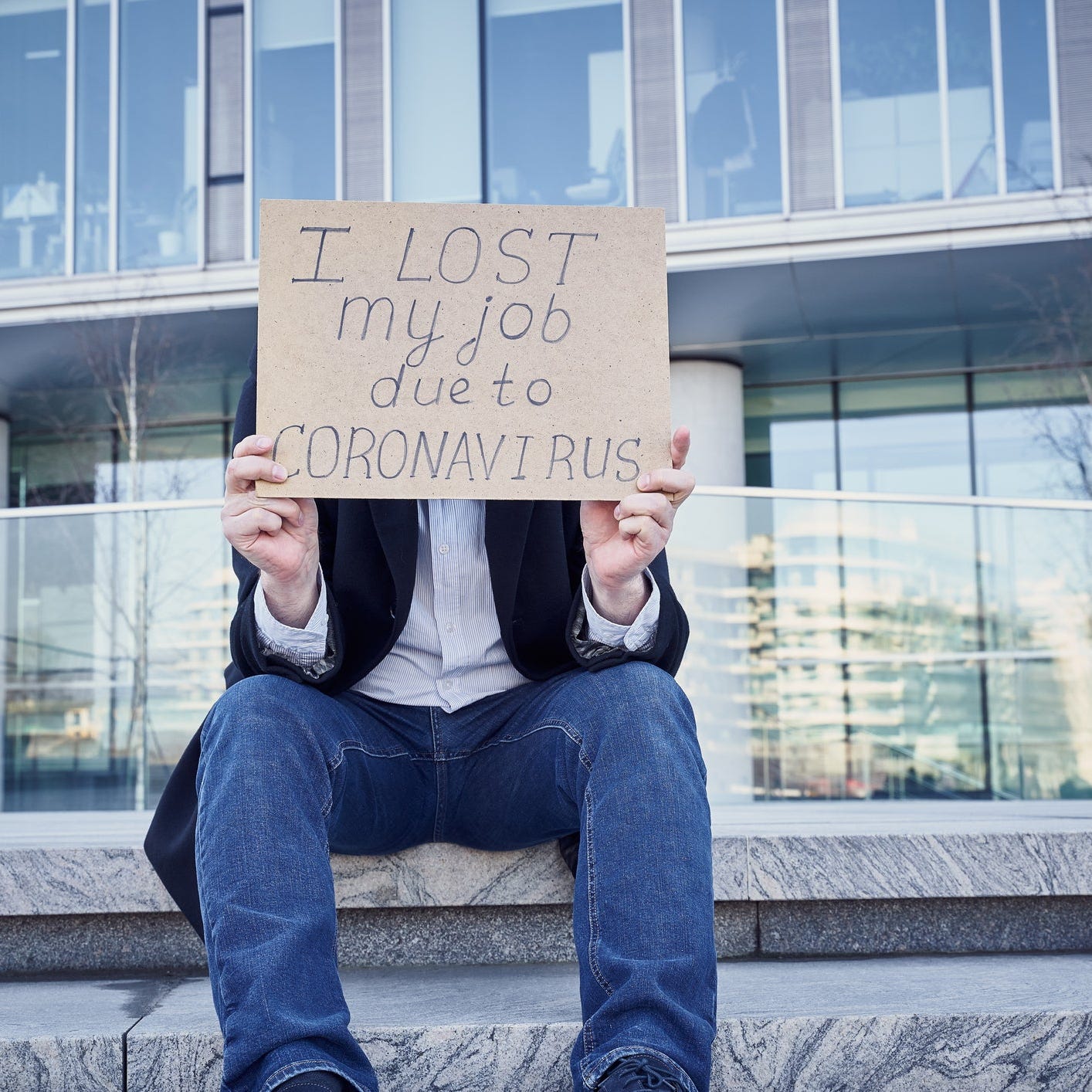Since the onset of the pandemic, millions of workers have received partial wages or no wages at all, according to a new report by the Clean Clothes Campaign (CCC), the apparel sector’s largest alliance of labor unions and non-governmental organizations.
Garment workers in South and Southeast Asia received 38 percent less than their regular income for the months of March, April and May, an analysis found. In some regions in India, this number exceeded 50 percent.
Through the process of extrapolation, the CCC estimated that garment workers worldwide—excluding those in countries, such as China, with better government measures to bridge wage differences—were deprived of between $3.19 billion to $5.79 billion in those three months alone. For workers locked in a permanent state of financial insecurity due to a dearth of living or even minimum wages, the erosion of income is not one they can afford.
“As these workers were already living on poverty wages, they had not been able to save anything before the pandemic hit,” Khalid Mahmood, director of the Labour Education Foundation in Pakistan, said in a statement. “The wage gaps caused by the crisis mean that workers are not able to feed their families properly; they are not able to pay for school fees of their children or pay for medical expenses, and many of them are in debt.”
Most migrant workers, he said, had to return to their villages during widespread government-imposed lockdowns. Now, it is “becoming even more difficult for them to get back to their jobs and survive in big cities,” Mahmood added.
Because of the lack of systematic data, the CCC limited its research to seven countries in South and Southeast Asia, including Bangladesh, which has been dealt a body blow as the world’s second-largest exporter of garments after China. To date, fashion companies have canceled or suspended more than $3.1 billion in orders from Bangladeshi suppliers, according to the Bangladesh Garment Manufacturers and Exporters Association (BGMEA), the South Asian nation’s largest trade group of apparel-factory owners. Coupled with decreasing demand, the BGMEA predicts an “irrecoverable loss” of $5 billion by the end of 2020.
Not unexpectedly, workers in Bangladesh shouldered the biggest three-month wage gap—$501.6 million, followed by Indonesia ($405.6 million), India ($379.6 million), Pakistan ($320.9 million), Cambodia ($122.2 million), Myanmar ($63.3 million) and Sri Lanka ($27.2 million).

“Even though our estimates stay on the conservative side, they are quite shocking,” said David Hachfeld of Public Eye, CCC’s Swiss arm. “[And] we have no reason to believe the situation is significantly better in low-wage production hotspots that we did not research.”
While several companies, including H&M, Gap, Levi Strauss, VF Corp., and Zara owner Inditex have publicly committed to paying their suppliers in full and on time for completed and in-progress orders, others such as Topshop operator Arcadia Group, C&A, Edinburgh Woollen Mills, J. C. Penney, Primark, Kohl’s, Sears, The Children’s Place and Urban Outfitters have delayed payments, imposed retroactive discounts or cited force majeure loopholes to get out of their contracts, according to the Worker Rights Consortium, which maintains a “COVID-19 tracker” to hold brands and retailers accountable.
The CCC is now calling for all fashion businesses take responsibility by publicly committing to a “wage assurance” that ensures that all workers making and handling clothes in their supply chains receive the full wages they are owed in accordance with labor laws and international standards.
This would require brands to commit to soliciting funds, provide direct contributions and collaborate with stakeholders, such as the existing International Labour Organization Call to Action, to pool their leverage and share the costs of workers’ wages, said Christie Miedema, CCC’s campaign and outreach coordinator.
A public commitment would help avoid a situation where “everyone in a supply chain has responsibility, but in practice nobody assumes responsibility,” Miedema said. “Only if brands and retailers individually and publicly commit to a wage assurance can we avoid the traditional habit of pushing risks and responsibilities to others in the supply chain and make sure workers are not left covering the gap.”
By Jasmin Malik Chua via sourcingjournal.com
